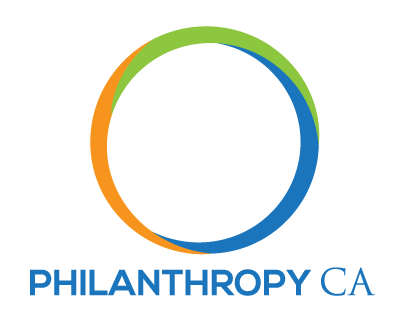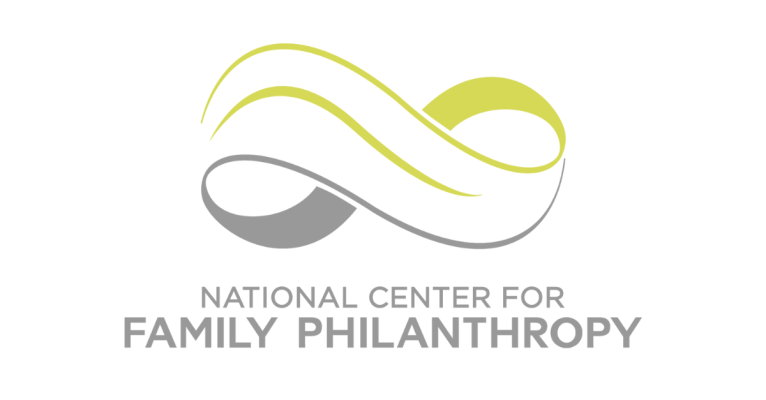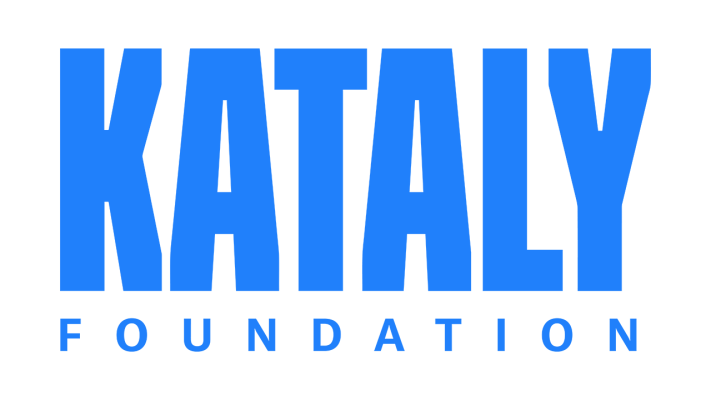Liberating Wealth for Racial & Relational Repair Series Part 2 | Drawing the Line to Impact: Foundation Grantees Speak Out
Series Description
Over the next 20 years in the U.S., $35–70 trillion in wealth will transfer from one generation to another in the largest generational wealth transfer in history, mostly moving within wealthy white families. The policies that make possible this protection and accumulation of wealth are situated within the legacy of land theft, genocide of Native people, enslavement of Black people, and exploitation of natural resources. This context of racial capitalism has also given rise to wealth accumulation that, in part, birthed the philanthropic sector. Paradoxically, many of us working within philanthropy aim to contribute to changes in systems, structures, and outcomes that address the harms of interconnected systems like racial capitalism that favor some at the expense of others and the planet.
In response to this paradox, many social justice activists are seeking new pathways to liberate resources for structural change while also contributing to true racial and relational repair. Conversations about reparations are increasing in number and intensity across the philanthropic, nonprofit, and government social change ecosystem. In this engaging discussion, speakers will invite participants to explore the contradictions inherent in philanthropy by probing some of the big questions facing this sector:
How do we employ philanthropic assets to repair harm and co-create new futures that center vitality, healing, solidarity, and right relationship?
How can wealth holders and others controlling capital flows think about wealth, impact, and legacy differently?
Part 2 Objectives
- How does the practice of spending up affect particular nonprofit & social movement organizations and the ecosystem within which they operate?
- How might foundations collectivize their thinking about spend out? About resourcing social change led by people of the Global Majority?
- What are the conversations around the board table that take us from status quo to bolder commitment?
Nwamaka Agbo
Nwamaka Agbo
Nwamaka Agbo is the CEO of the Kataly Foundation and Managing Director of Kataly’s Restorative Economies Fund (REF). REF is grounded and guided by Nwamaka’s framework on Restorative Economics.
Prior to Kataly, Nwamaka provided technical assistance and strategic guidance to community-owned and -governed community wealth building initiatives as a consultant. With a background in community organizing, electoral campaigns, policy and advocacy work on racial, social and environmental justice issues, Nwamaka is deeply committed to supporting projects that build resilient, healthy and self-determined communities rooted in shared prosperity. She graduated from UC Davis with a Bachelor’s degree in Sociology and African American Studies and holds a Master’s of Public Administration specializing in Financial Management from San Francisco State University.
Jamie Allison
Jamie Allison
Jamie Allison leads the Walter & Elise Haas Fund in partnership with trustees, ensuring our work expresses our values, resonates with community, and catalyzes the field. She focuses on organizational leadership, strategy, and governance. Her top priorities are to ensure that the Fund’s staff thrive in their roles and that our practices and grantmaking advance liberation and community transformation. Jamie’s 20 plus years in philanthropy combined with experience in the public sector and local government enables her to understand how these systems can be leveraged to make real change. Every day, she is inspired by the community leaders who endeavor to dream and make real a more just society by widening the circle of care to include all of us.
Jamie was born and raised in Chattanooga, TN but has called San Francisco home for more than 20 years. She is always ready for adventure. When she is not working, you can find her at music and film festivals, soccer matches, or awaiting a flight at the airport. It’s not a surprise then, that her favorite word in the English language is peripatetic, which means traveling from place to place, because she likes to travel, and also because p is her favorite letter.
Efraín Gutiérrez
Efraín Gutiérrez
Efraín supports individuals, teams, and organizations moving from fear to liberation. His consulting practice and bodies of work represent his lifelong commitment to promoting love, integrity, and mutuality in our bodies, relationships, and work. He is currently partnering with organizations looking for new strategy and evaluation approaches that are in service of healing, justice, and liberation through From Fear to Freedom Consulting. He also promotes radical imagination, curiosity, and wonder through Freedom Dreams in Philanthropy. A collaborative of social sector professionals who embrace the tradition of freedom dreaming to imagine what our field and institutions could and must be to center racial justice. Finally, he is building a body of work to help those raised and socialized as men, heal and free themselves from the conditioning of patriarchal masculinity. He believes in moving through life and work with ease and grace. He is eager to be in conversation with fellow travelers who share his musings and passions.
Konda Mason
Konda Mason
Konda Mason is the youngest child of four wonderful human beings. She grew up in a small town in southern California in a very loving activist family that taught her the importance of community, sharing with others, and standing beside those who our society marginalizes. Her life path has been defined by those values. She is the Founder of Jubilee Justice, which expresses her passion to work at the intersection of Land, Race, Money & Sprit. She is the co- founder and founding CEO of Impact Hub Oakland, a coworking community of changemakers and a bedrock in the city of Oakland for social transformation. Konda is the Strategic Director of the Runway Project, a “friends & family” micro-loan program for African American entrepreneurs. She co-founded CO-CAP, an annual conference in Oakland, CA focusing on closing the racial wealth gap. Konda is a meditation and yoga teacher and holds a Permaculture Design Certificate. She convenes spaces and creates platforms for truth-telling, listening to the land, and working to redistribute wealth in our fractured inequitable world. As a practicing Buddhist, she understands all life as deeply interconnected and works tirelessly to help wake people up to this truth and build a work based on interdependence and belonging.
Zoë Polk
Zoë Polk
Zoë Polk is the Executive Director of the East Bay Community Law Center (EBCLC). As Executive Director, Zoë leads EBCLC’s efforts to provide client-centered, holistic legal advocacy, dismantle structural racism and build a resilient and healthy community. Zoë took the helm of EBCLC in January 2020, proudly joining the organization’s legacy of Black women executive directors. In 2021, Zoë launched the organization’s Women of Color-Centered platform. She aims to lead the organization to invest in the vision, strategies, and solutions of women of color, and in doing so, center dignity, uplift families, and advance systems-change work. During her tenure, the organization has achieved critical victories for women of color, including advancing wealth for caregivers, cancellation of billions of dollars in criminal fines and fees, and upholding the longest and strongest COVID19 era eviction moratorium in the country. This platform has also guided the organization’s first collective bargaining agreement, women of color centered COVID19 vaccine clinic and the commission of organizations “Know Justice Know Peace” community mural.
Zoë’s motivation to achieve racial justice is rooted in her own lived experience as a Black, cis, queer woman and navigating the intersections of those identities. She is committed to fighting the impact of decades of race neutral public policies, which were supposed to undo the harm of racism but only further impoverished communities of color.
At EBCLC, Zoë leads a team of 80+ staff members in serving 4,000+ clients per year to reimagine justice and advance systemic policy change. She also serves as a Berkeley Law faculty member overseeing the racial justice clinical training of 100+ students each year through EBCLC’s eight teaching clinics. At the law school, she teaches a seminar on Women of Color Centered Legal Services.
Prior to becoming Executive Director, Zoë was the Deputy Director of San Francisco’s Human Rights Commission, where she launched the City’s First Office of Racial Equity and the Sexual Harassment Assault Response and Prevention (SHARP) office. As the National Program Director for Outdoor Afro, Zoë advised the outdoor industry on how to comprehensively incorporate a racial equity lens to their business model. Zoë is the co-chair of the Bay Area Social Justice Nonprofit Executive Directors and is part of CompassPoint’s 2023 Cohort Next Generation of Black Leaders. Zoë’s work has been featured in MS Magazine, Nonprofit Quarterly, USA Today, and KQED. She has also graciously accepted the Certificate of Honor from the City of San Francisco and the National Lawyers Guild Pro Bono Service Award.



